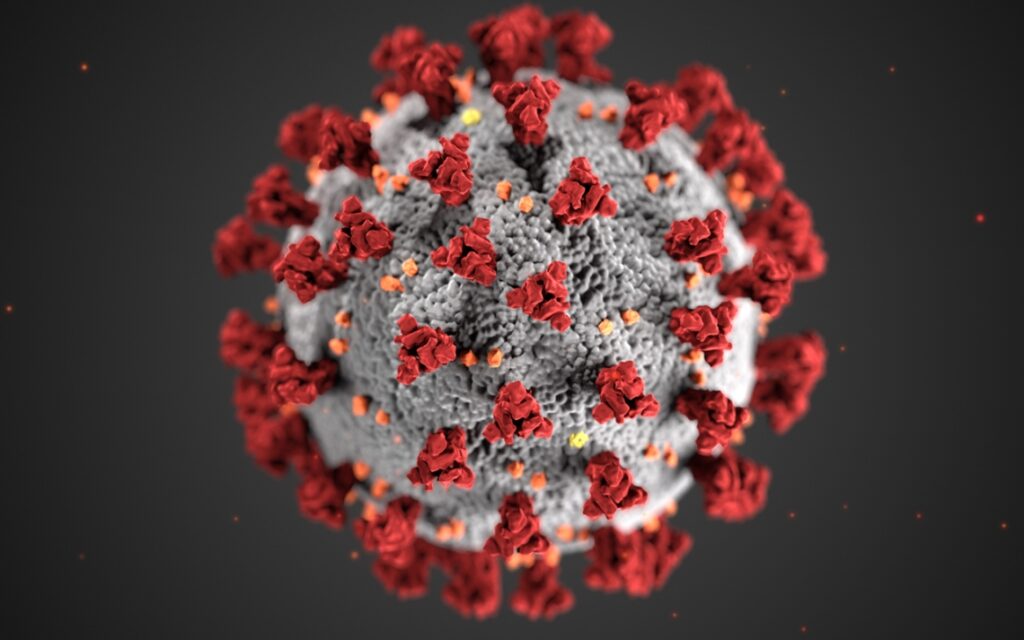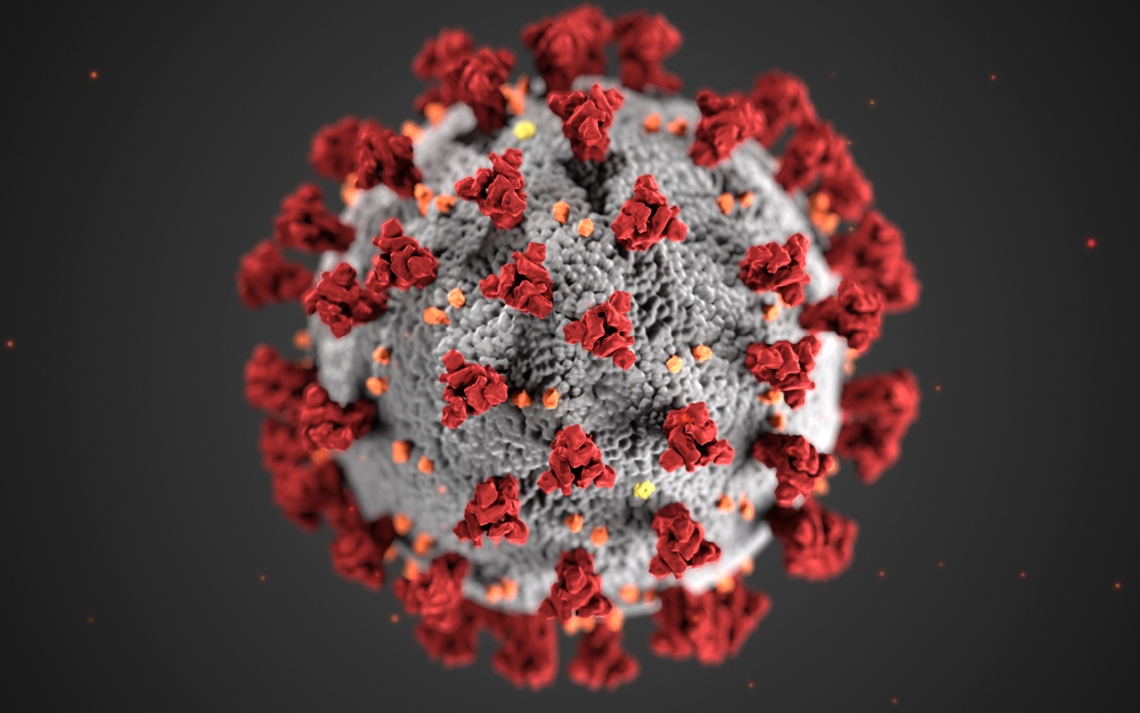
Arizona COVID-19 Genomics Union compile 100,000 sequenced genomes of COVID-19
A consortium of the Phoenix’s Bioscience Core’s institutions called the Arizona COVID-19 Genomics Union including the Translational Genomics Research Institute, Arizona State University, Northern Arizona University, and the University of Arizona have successfully sequenced more than 100,000 samples of the COVID-19 virus in an effort to help prevent, detect, monitor and overcome the next pandemic.
The samples were collected over the past two years of the pandemic in a joint enterprise between TGen, ASU, NAU, UArizona and the Arizona Department of Health Services, according to a TGen press release. The efforts solidify the role Arizona is playing in using genomics to track infectious diseases including COVID-19. This is one of the reasons why the University of Arizona is locating its Center for Advanced Molecular and Immunological Therapies on the Phoenix Bioscience Core.
“The 100,000 milestone represents a lot of hard work and coordination across all three state universities, TGen and ADHS,” said Paul Keim, Ph.D., a TGen Distinguished Professor, the Executive Director of the NAU’s Pathogen and Microbiome Institute and one of the world’s leading authorities on infectious diseases.
“Arizona was not left behind in tracking the variants of SARS-CoV-2, the virus that causes COVID. As the global scientific community was identifying and tracking variants, Arizona was engaged and knew where we stood at all times,” said Dr. Keim. “With our surveillance data, we could learn from global efforts, make predictions for Arizona, and respond to mitigate the pandemic as it arrived here.”

With these efforts, Arizona will compete to be a part of the Pathogens Genomics Centers of Excellence, a national network from the Centers for Disease Control and Prevention that would create infectious disease collaborations between public health and universities around the country, the press release said.
About the Arizona COVID-19 Genome Union
At the start of the pandemic in early 2020, TGen and Arizona’s three publicly funded universities came together to form ACGU, an acronym that also stands for the four chemical letters of RNA. ACGU’s expressed purpose is harnessing the power of state-of-the-art biotechnology and big data analysis to better understand how COVID evolves, how it is transmitted and how and where it moves through the general population, according to a release from the University of Arizona Health Sciences.
The ACGU is one of many scientific groups across the globe working to track COVID through the rapid sharing of data and analysis, which has proved critical to the worldwide scientific, medical and public health understanding of the pandemic.
More news from the PBC
- College Hosts Inaugural Phoenix Neuroscience Community Data Blitz
- ASU’s School of Molecular Sciences and Creighton University launch 3+4 Doctor of Pharmacy (PharmD) Pathway
- Flinn Foundation’s BioCapital Conference Showcases Innovation, Investment, and Growth in Arizona’s Bioscience Sector
- ASU Unveils Groundbreaking Medical School at Phoenix Bioscience Core, Merging Medicine with Engineering and AI
- Two Arizona bio startups earn $100K through Flinn entrepreneurship program
- Mayo Clinic announces transformative $1.9B investment in Arizona
- Statewide initiative to speed transfer of ASU lab research to marketplace

